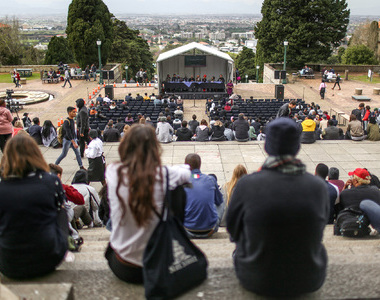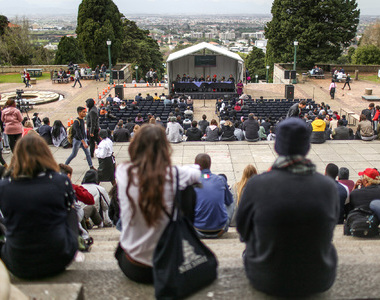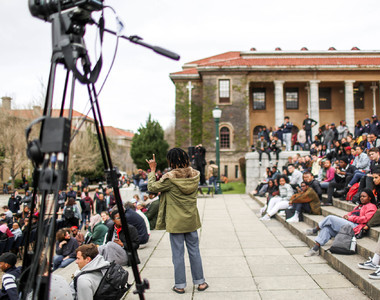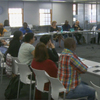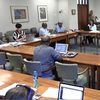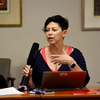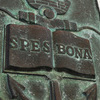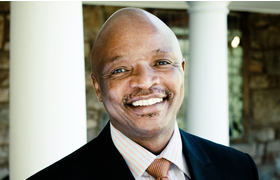Clarity on effects of protest and setting up the IRTC steering committee
13 January 2017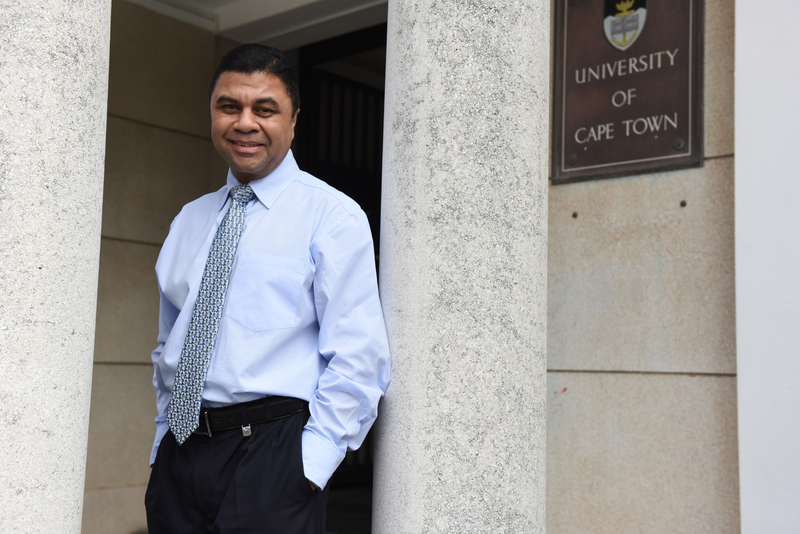
 |
|
13 January 2017 Dear colleagues and students There have been a number of commentaries published on the agreement to establish an Institutional Reconciliation and Transformation Commission (IRTC) at the University of Cape Town, and on the Executive’s practice of engaging with protesters about issues that merit discussion in higher education and the success of that strategy. This letter is to provide clarity on points that have been misrepresented or misunderstood. Teaching time lost to protest disruptions: It has been claimed that UCT lost as much as two-thirds of the second semester last year. In fact, only four out of 12 of the teaching weeks in the second semester were disrupted. Financial costs of violence: There have also been claims that UCT is not disclosing the costs of violent behaviour on campus last year. In fact, we have responded to media queries on this question, as follows:
While insurance covers most of the financial costs of physical damage to property, there are of course other costs, such as the cultural value of the destroyed artworks and the psychological and emotional effects to staff members and students who are involved in the affected labs, lecture halls, offices, residences and classrooms – costs that cannot be measured in monetary value alone. The damage to the Geological Sciences lab affects the work of outside institutions from all over the world that send samples to be evaluated. Global rankings: UCT’s drop in global rankings has been blamed on the protests of 2015, however Professor Danie Visser wrote last year, in an article published by The Conversation, that underfunding by the government has been one of the major reasons for this drop, which has affected all South African universities. As Prof Visser has written: “It is perfectly possible for an institution to improve its scores and still see a significant drop in the rankings. This is because scores are ranked and so performance is relative. If other institutions have improved their scores even more than yours, they will climb above your institution in the rankings. This is important. It’s exactly what is happening to South African universities. Institutions from elsewhere in the world are improving much more significantly. And it is no coincidence that the countries which are seeing a rapid rise in the rankings are mostly those that have chosen to invest heavily in their universities.” You can read the full article here. Concerns about the IRTC steering committee: UCT is committed to shaping the IRTC in an inclusive way. The steering committee will comprise 19 representatives plus 19 alternates, who will engage individually with their constituencies to inform the process of finalising the terms of reference for the IRTC.
Sincerely Professor Francis Petersen |
 This work is licensed under a Creative Commons Attribution-NoDerivatives 4.0 International License.
This work is licensed under a Creative Commons Attribution-NoDerivatives 4.0 International License.
Please view the republishing articles page for more information.
Institutional Reconciliation and Transformation Commission (IRTC)
The Institutional Reconciliation and Transformation Commission (IRTC) Steering Committee was established as a result of a period of unprecedented tension at the University of Cape Town (UCT) at the end of 2016. The creation of the multi-stakeholder steering committee that will oversee the proposed IRTC was one of the resolutions made in the 6 November 2016 agreement, which effectively brought the waves of continuing protest at the university to a halt.
The agreement, which was signed between the UCT executive and protesting student groups, paved the way for the establishment of the IRTC, whose aims are to
- consider all Shackville-related protests of 2016, including disciplinary procedures and interdicts
- invite submissions from all constituencies on clemencies that were granted and decide whether clemency should be turned into amnesty
- make recommendations on how the university should deal with pending cases and other such matters in the future
- make recommendations on institutional culture, transformation, decolonisation, discrimination, identity, disability and any other matters that the university community has raised over the past 18 months, or may wish to raise in the future.
The IRTC’s objective is to map an inclusive and fair course for the university as it tackles the legacy of the so-called Shackville protests and to focus on the issues that have caused division on our university campus.
Read IRTC documents:
- Read the 6 November agreement
- Read the declaration by students seeking clemency
- Read the FAQ about the agreement
- Read the criteria and process for nominating commissioners - List of Steering Committee Members
- Names of the IRTC Steering Committee members
- Email addresses of the IRTC Steering Committee members
- See the announcement of the IRTC Commissioners
- IRTC Final Report
A summary and analysis of the Terms of Reference are given in Chapter 2, starting on page 7
Feedback and responses to the IRTC report:
IRTC Final Report






Statements by the IRTC
Latest news




Reports from the Steering Committee Chair


2018 IRTC Steering Committee meetings
2017 IRTC Steering Committee meetings








